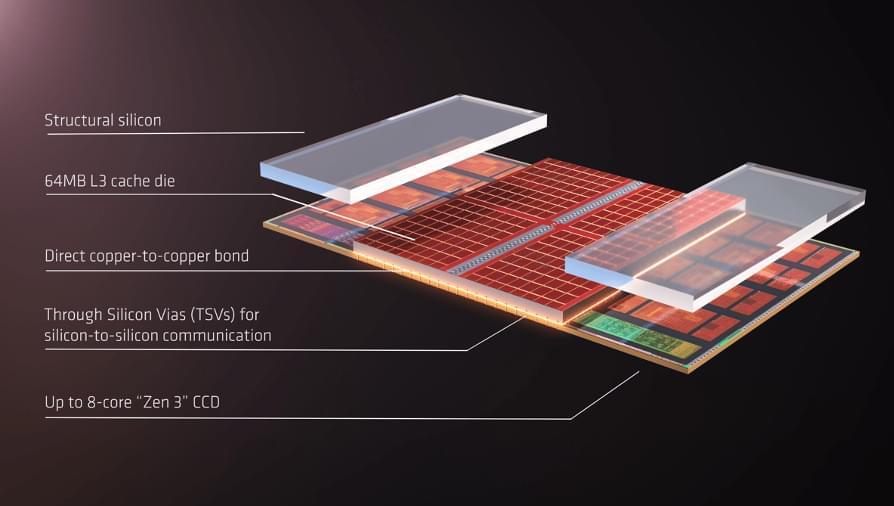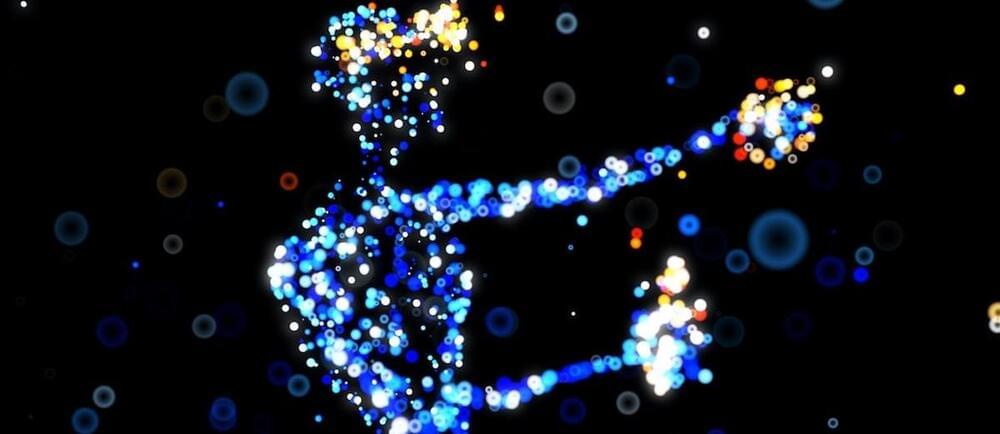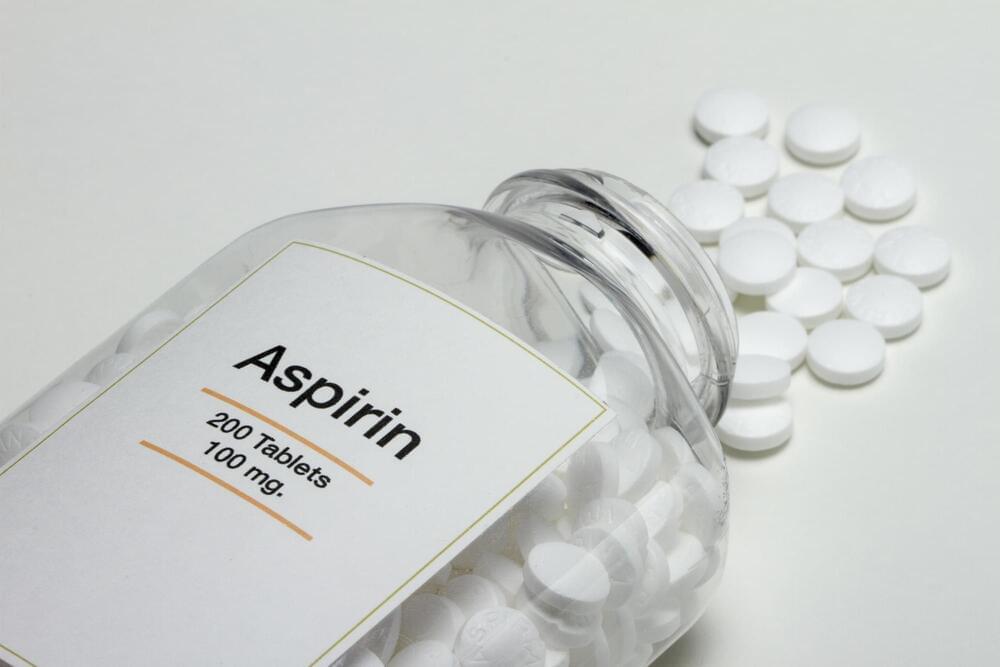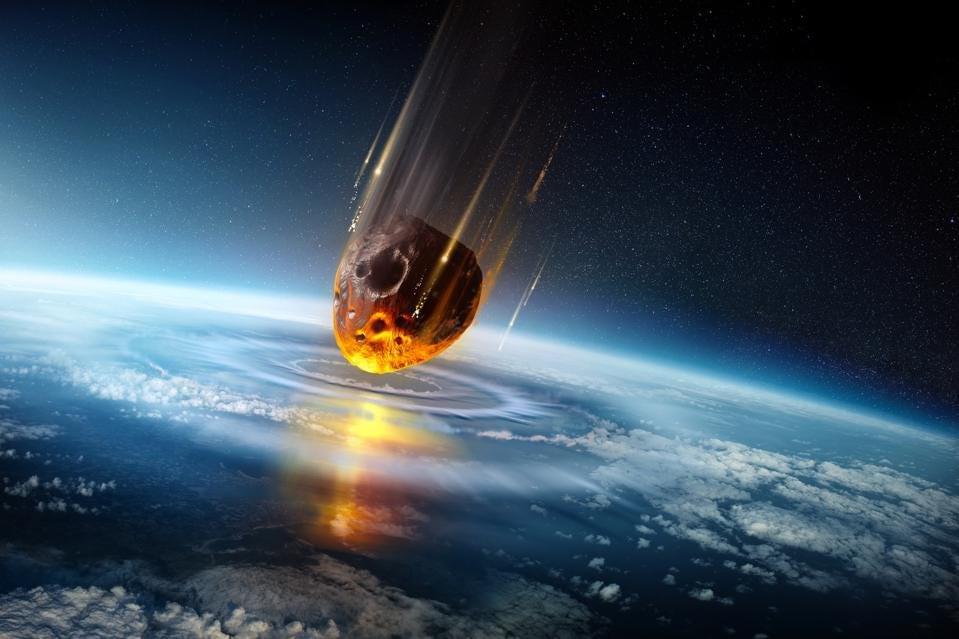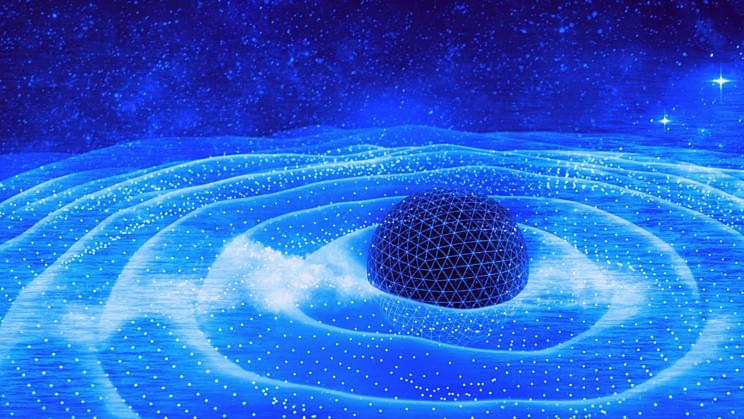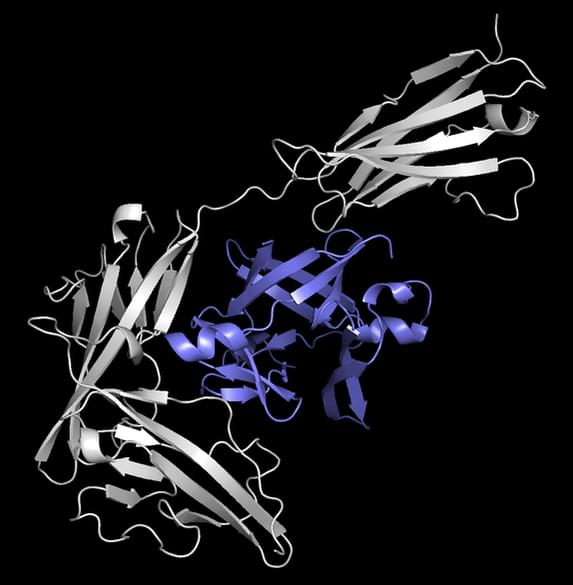Page 4284
Hybrid bonding opens up whole new level of performance in packaging, but it’s not the only improvement.
The first wave of chips is hitting the market using a technology called hybrid bonding, setting the stage for a new and competitive era of 3D-based chip products and advanced packages.
AMD is the first vendor to unveil chips using copper hybrid bonding, an advanced die-stacking technology that enables next-generation 3D-like devices and packages. Hybrid bonding stacks and connects chips using tiny copper-to-copper interconnects, providing higher density and bandwidth than existing chip-stacking interconnect schemes.
Feb 1, 2022
Adventures in Technophilosophy: On the Reality of Virtual Worlds
Posted by Genevieve Klien in categories: biotech/medical, computing, education, food
When I was ten years old, I discovered computers. My first machine was a PDP-10 mainframe system at the medical center where my father worked. I taught myself to write simple programs in the BASIC computer language. Like any ten-year-old, I was especially pleased to discover games on the computer. One game was simply labeled “ADVENT.” I opened it and saw:
You are standing at the end of a road before a small brick building. Around you is a forest. A small stream flows out of the building and down a gully.
I figured out that I could move around with commands like “go north” and “go south.” I entered the building and got food, water, keys, a lamp. I wandered outside and descended through a grate into a system of underground caves. Soon I was battling snakes, gathering treasures, and throwing axes at pesky attackers. The game used text only, no graphics, but it was easy to imagine the cave system stretching out below ground. I played for months, roaming farther and deeper, gradually mapping out the world.
Feb 1, 2022
Aspirin recall: There’s a poisoning risk with these recalled meds, so check your home now
Posted by Genevieve Klien in category: biotech/medical
Geri-Care issued a recall for some aspirin and acetaminophen bottles that are not child-resistant, posing a poisoning risk.
Aspirin and acetaminophen are over-the-counter drugs that countless people have in their medicine cabinets. Many people use them to alleviate pain and reduce fevers, and these drugs might be the first course of action when exhibiting such symptoms. That’s what makes them popular purchases with consumers. And that’s why buyers should pay extra close attention to recalls that involve aspirin and acetaminophen products.
A new recall action involves bottles of Geri-Care Pharmaceuticals aspirin and acetaminophen, as they pose a risk of poisoning to children who might get their hands on these common drugs.
Feb 1, 2022
How biohackers use fasting, sleep monitoring, and low-meat diets to ‘turn back’ their biological clock
Posted by Genevieve Klien in categories: biological, bitcoin, cryptocurrencies
Biohackers follow a trend originating in the US, using “hacks” to try and turn back their biological clocks.
Proposals in Wyoming and Arizona to accept tax payments in Bitcoin and other cryptocurrencies would undermine the dollar’s unique status.
Feb 1, 2022
A crypto breakthrough? Western states consider taking digital currency
Posted by Genevieve Klien in categories: bitcoin, cryptocurrencies
Proposals in Wyoming and Arizona to accept tax payments in Bitcoin and other cryptocurrencies would undermine the dollar’s unique status.
Feb 1, 2022
To Catch a Dancing Star: The Story of ‘Extreme Precision’ Spectroscopy
Posted by Alan Jurisson in category: space
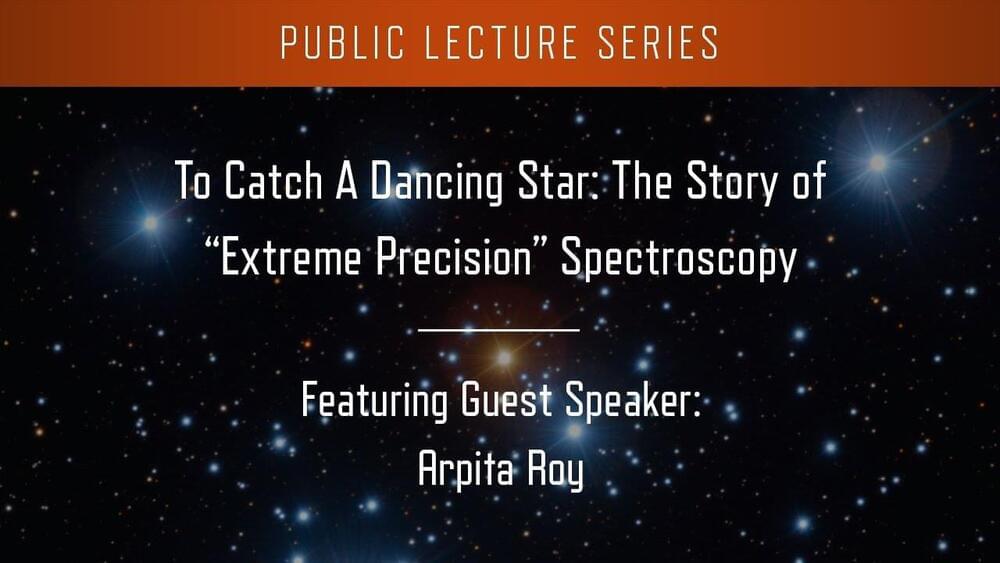
Dr. Arpita Roy, Space Telescope Science Institute.
It has been three decades since astronomers first discovered planets outside our solar system. This profound scientific moment established the field of exoplanet science and has led us on a whirlwind tour of other worlds, none of which (so far) have been quite like our own.
Continue reading “To Catch a Dancing Star: The Story of ‘Extreme Precision’ Spectroscopy” »
Feb 1, 2022
Humanity Could Survive A ’Planet-Killer’ Asteroid, A New Study Says
Posted by Gemechu Taye in categories: asteroid/comet impacts, existential risks, physics
About 66 million years ago, a “planet killer” — a 10-kilometer-wide rocky asteroid — hit Earth. The Chicxulub impact caused a mass extinction on a planetary scale, killing off an estimated 76 percent of all species living on Earth at the time, including the dinosaurs. According to a study published by Philip Lubin and Alexander N. Cohen, both physicists at the University of California in Santa Barbara, there is a chance that humanity could survive such a similar impact happening in the near future.
There currently are about 1,200 asteroids on a publicly available asteroid risk list, but all are smaller than one kilometer. The probability of a Chicxulub sized asteroid (5 to 15 kilometers across) hitting Earth is once in a billion years — very low, but not impossible.
Feb 1, 2022
Astronomers Took One Step Closer to a New Method for Detecting Gravitational Waves
Posted by Gemechu Taye in categories: physics, space
Feb 1, 2022
Artificial intelligence system rapidly predicts how two proteins will attach
Posted by Gemechu Taye in categories: biotech/medical, health, robotics/AI
The machine-learning model could help scientists speed the development of new medicines.
This technique could help scientists better understand some biological processes that involve protein interactions, like DNA replication and repair; it could also speed up the process of developing new medicines.
“Deep learning is very good at capturing interactions between different proteins that are otherwise difficult for chemists or biologists to write experimentally. Some of these interactions are very complicated, and people haven’t found good ways to express them. This deep-learning model can learn these types of interactions from data,” says Octavian-Eugen Ganea, a postdoc in the MIT Computer Science and Artificial Intelligence Laboratory (CSAIL) and co-lead author of the paper.
Continue reading “Artificial intelligence system rapidly predicts how two proteins will attach” »

